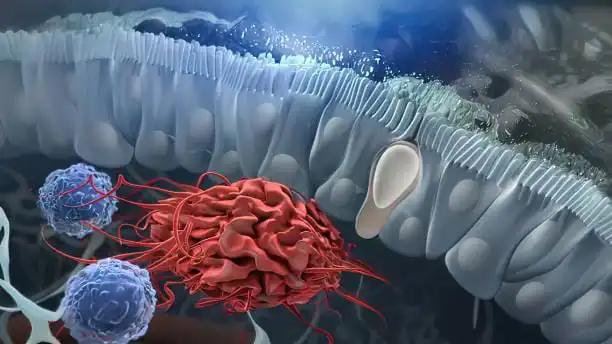KEY TAKEAWAYS
- The AQUILA study is an ongoing phase 3 clinical trial comparing Daratumumab subcutaneous injection (DARA SC) to active monitoring in patients with high-risk smoldering multiple myeloma (SMM).
- The study aims to compare the efficacy of subcutaneous daratumumab (DARA SC) versus active monitoring in patients with high-risk smoldering multiple myeloma (SMM) based on progression-free survival (PFS).
- It is a randomized, open-label, multicenter study where DARA SC is administered by manual injection over approximately 5 minutes at alternating locations on the abdomen weekly.
- The primary outcome is progression-free survival (PFS), with time to biochemical or diagnostic (SLiM-CRAB) progression and total response rate as secondary outcomes.
Smoldering multiple myeloma (SMM) patients are typically monitored until the disease progresses to multiple myeloma (MM); however, recent evidence suggests that early treatment may benefit patients with high-risk features. Daratumumab (DARA), a monoclonal antibody that targets CD38, is approved for treating relapsed/refractory MM or in combination with standard care for newly diagnosed MM. In a phase 3 study, DARA subcutaneous injection (DARA SC) demonstrated similar efficacy to intravenous DARA but with fewer infusion-related reactions and a shorter administration time. The promising results from a phase 2 study with DARA intravenous (IV) in intermediate- or high-risk SMM patients led to the hypothesis that DARA SC may delay progression to MM compared to active monitoring in high-risk SMM patients.
AQUILA is an ongoing phase 3 clinical trial that is a randomized, multicenter, and open-label study designed to evaluate the effectiveness of daratumumab subcutaneous (DARA SC) versus active monitoring in patients with high-risk smoldering multiple myeloma (SMM). DARA SC (DARA 1,800 mg + recombinant human hyaluronidase PH20 [rHuPH20; 2,000 U/mL; Halozyme]) is administered manually in this trial by injection over approximately 5 minutes at alternating locations on the abdomen. The trial’s eligibility requirements include a confirmed diagnosis of SMM for at least five years, markers that indicate a high risk of MM development, such as clonal bone marrow plasma cells (BMPCs) ≥10%, serum M protein ≥30 g/L, and IgA SMM, immunoparesis with reduction of 2 uninvolved Ig isotypes, serum involved: neutral free light chain ratio ≥8 to < 100, or clonal BMPCs > 50% to < 60% with measurable disease, and ECOG performance status ≤1.
The key objective of the clinical trial is to evaluate the progression-free survival (PFS) of patients with multiple myeloma (MM), based on the International Myeloma Working Group diagnostic criteria, through assessment by an independent review committee. In addition, there are several secondary endpoints, including the time to biochemical or diagnostic progression (SLiM-CRAB), overall response rate, complete response rate, duration of response, time to answer, time to first-line treatment for MM, PFS on first-line therapy for MM (PFS2), overall survival, and incidence of MM with adverse prognostic features. The study enrolled 390 patients randomly assigned to receive DARA SC or active monitoring, with enrollment completed on May 6, 2019. The primary efficacy analysis will be conducted after observing around 165 PFS events. The clinical trial information can be found under the identifier NCT03301220.
Source: https://meetings.asco.org/abstracts-presentations/213175
Clinical Trial: https://clinicaltrials.gov/ct2/show/NCT03301220
Meletios A. Dimopoulos, Peter M. Voorhees, Hartmut Goldschmidt, Ross I. Baker, Yingqi Shi, Els Rousseau, Robyn Monet Dennis, Robin L. Carson, S. Vincent Rajkumar| J Clin Oncol 40, 2022 (suppl 16; abstr TPS8075)DOI: 10.1200/JCO.2022.40.16_suppl.TPS8075



